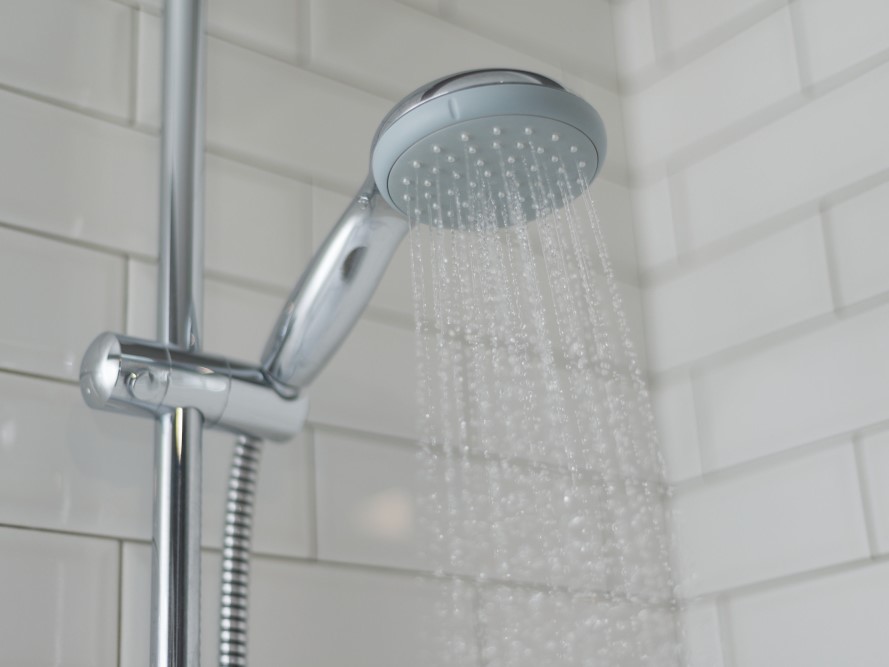Water Safety
It’s essential your water supply is kept clean and safe, to ensure that there are no opportunities for bacteria such as Legionella to develop. This page explains how we keep your home safe and what are your responsibilities are.
What is Legionnaires’ Disease?
Legionnaires’ disease is a lung infection caused by Legionella bacteria. Most people catch the disease by inhaling the bacteria from water droplets that have high level of Legionella, which causes infection in your lungs. There are about 30 reported Legionnaires’ Disease cases each year in Wales.
Symptoms are like the flu including headaches, muscle aches, tiredness, dry cough, and fever. Legionnaires’ disease is more likely to affect you if you are over 45, smoke, drink heavily, have breathing issues, suffer from kidney disease and if you suffer from a long-term illness. However, anyone can fall ill to the disease.
Not everyone exposed to the bacteria becomes ill, it cannot be passed from person to person, and you cannot get it by drinking contaminated water. The bacteria can be found in small numbers in water systems like the ones in most homes. It only becomes an issue when the bacteria are given the time and the right conditions to multiply to dangerous levels, such as when the water is not used for a long period of time.

How we help keep you safe at home
Most people will use enough water in a day to flush through their system fully, and so there is very little chance for the bacteria numbers to multiply to levels that would cause harm.
These steps can help to keep you safe at home. Where there are communal water systems, we manage water safety by ensuring the hot water is hot, and the cold water is cold. It really is as simple as that!
We monitor temperatures on a regular basis and make sure we have as little stored water as possible across our schemes. In addition, we flush communal showers, toilets, and wash hand basins if they are not used very often.
What do you need to do to stay safe?
Use your kitchen taps to test the hot and cold water
After a few minutes if the water is not as hot as usual and cold water doesn’t feel cold, please report this to us.
If you use a hosepipe or paddling pool in your garden
We recommend you drain these when you have finished with them, and leave the hose disconnected so no water is left to stagnate.
If you have a water butt in your garden
You should use the water with a watering can rather than a hose to minimise the risks of creating spray.
Clean, descale and disinfect your shower head
Do this about every 3-6 months or sooner if there is any build-up of limescale, mould, or algae growth visible.
If you have been away for more than a week
We recommend running the water on your return by running the shower for a couple of minutes before you get in it, flushing your toilet a couple of times (with the toilet seat closed), and running the sink taps. The same applies for taps and showers that you only use occasionally.
Contact us if:
- your cold water stays warm (more than 20°C) after you have run it for a few minutes
- the boiler or hot water tank are not working properly, particularly if the hot water is not at least 50°C after it has run for a minute
- there is any grit, dirt, or sludge in the water, or it is discoloured
- if you have a problem with your water system or plumbing by filling in the report a repair form
If you have any general questions or concerns about Legionella or water safety, you can speak to us on 0800 052 2526 or visit our online contact page.

